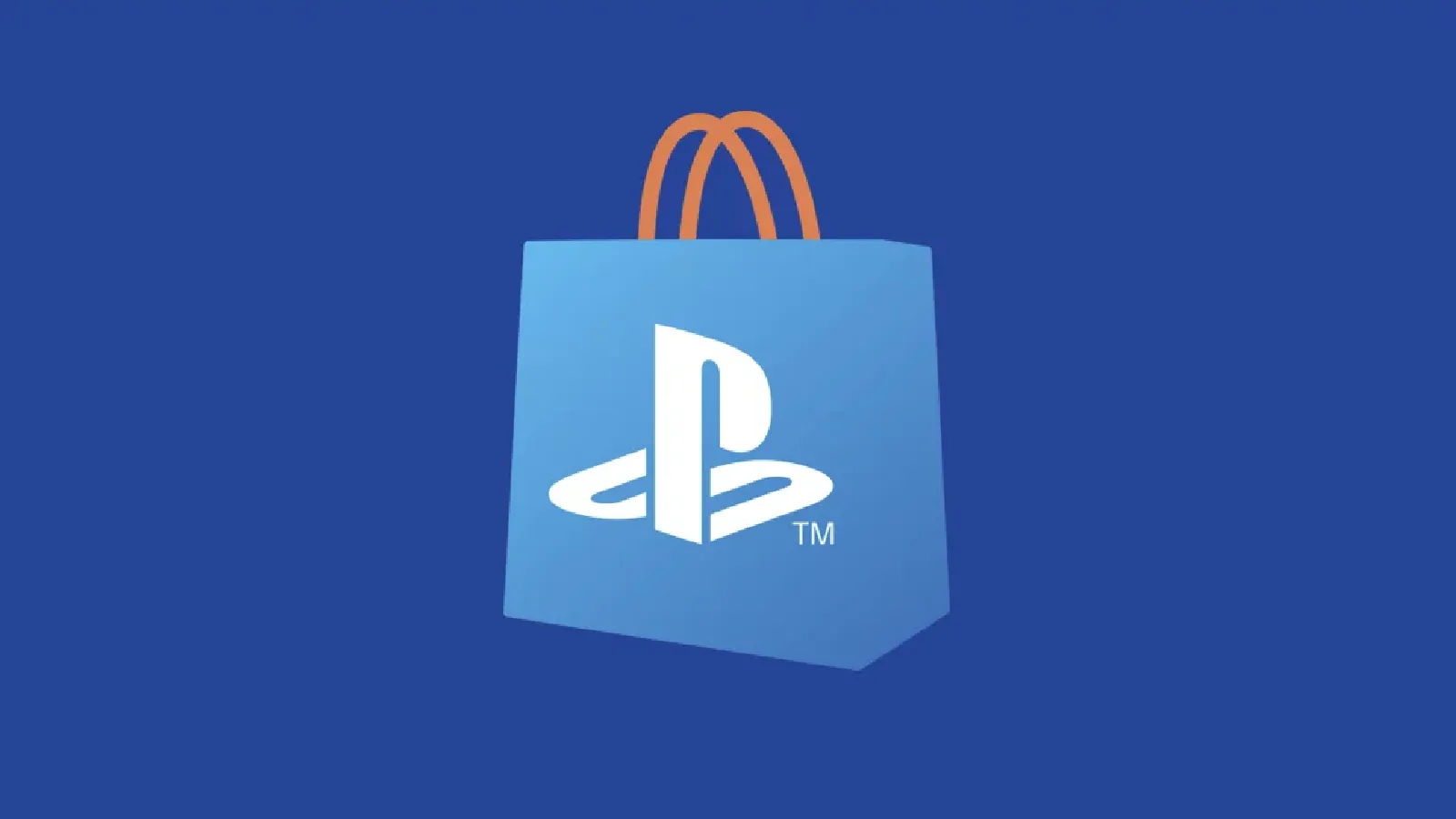Epic Games and the New Law on Digital Game Ownership

Epic Games and Digital Ownership: Understanding the New Law
A recent US law demands clarity from publishers about game ownership rights post-purchase. Gaming giants such as Epic Games, Nintendo, PlayStation, and Ubisoft must conform to this regulation aimed at strengthening consumer rights.
Changes in Game Purchases
As digital platforms increasingly dominate the market, questions have arisen regarding the actual ownership of games. The new stipulation mandates that all digital storefronts disclose if customers genuinely own the game or if it serves more like a limited-time rental.
- Digital storefronts must inform customers at the time of purchase.
- Publishers like Nintendo and Ubisoft are directly affected.
- The law only applies to California for now, but it may inspire broader changes.
This legislation arose following incidents where players lost access to purchased content, like when Crunchyroll merged with Funimation leading to erased digital collections. As observed with Ubisoft shutting down online services for The Crew, clarity in ownership is vital.
Legal Ramifications for Digital Goods
The bill explicitly prohibits misleading advertisements about digital ownership, requiring platforms to address whether the digital content can be permanently owned or not. i
Regional Impact and Future Trends
While being California-centric, the potential for wider adaptation across states exists, much like previous consumer protection movements.
This article was prepared using information from open sources in accordance with the principles of Ethical Policy. The editorial team is not responsible for absolute accuracy, as it relies on data from the sources referenced.